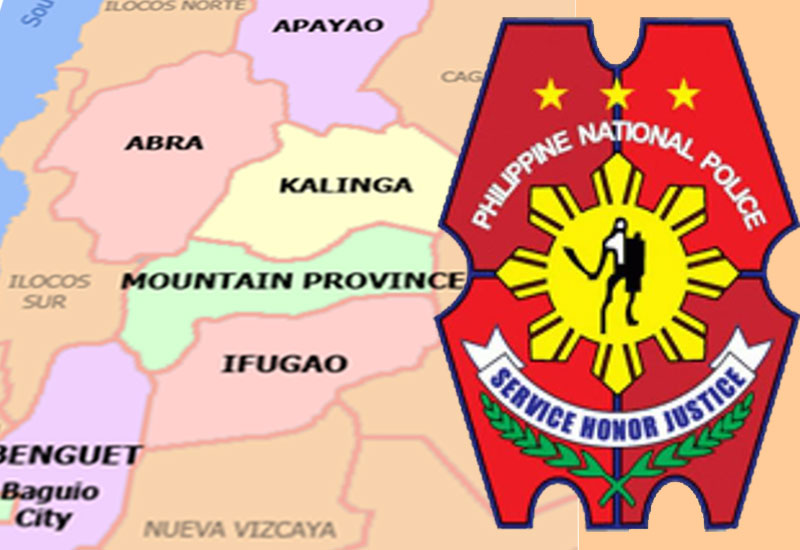TUBA, Benguet – Philex Mining Corp. is providing P1 million in seed capital to 67 families living in two sitios in the Itogon barangay of Ampucao for a hog-raising project using a state-of-the-art technology that does away with water in keeping the pigpens clean.
Manuel Agcaoili, SVP at Philex Mining and resident manager of its Padcal operations, in Benguet, said the fund comes from the Community Development Program (CDP) of the company’s 2014 exploration project at the Bumolo area of Brgy. Ampucao.
“We will release the earmarked amount to the families’ group upon its submission of a detailed project proposal covered by a memorandum of agreement or MOA,” added Agcoili, referring to the Sta. Fe and Quarry Livelihood Association (SQuaLA).
Fifteen officers and members of SQuaLA, which represents the 67 households in sitios Sta. Fe and Quarry and some Philex Mining employees visited on Dec. 19 the Lily of the Valley Organic Farm, in La Trinidad, Benguet, to observe and learn this Korean technology on organic farming and hog-raising.
“This is a great help for us because the technology suits the location of our target livelihood project,” Abel Magamba, president of SQuaLA, said during the familiarization tour conducted on the 2-hectare organic farm. “We can also replicate its organic vegetable farming in our own backyards.”
Agcaoili said the project was hatched following a series of consultations between Philex Mining, the sitios involved, and Brgy. Ampucao Captain Eddie Amuasen.
The farm owner and organic-farming specialist, Jefferson Laruan, said the secret to the process he uses to raise hogs in an odorless environment is to mix wood vinegar, called mokusaku, into the pigs’ drinking water. The mokusaku, he stressed, “deodorizes” a pig’s wastes; it is also sprayed around the pigpens to counter any foul smell.
Laruan also said the pigs he raises—Hampshire and native breed—are fed with the leaves of organic vegetables grown on the farm and mixed with organic feeds. The farm has broccoli, sweet peas, Baguio beans, French beans, cauliflower, cherry tomato, red and green cabbage, sweet potato, cucumber, spinach, lettuce, leek, lemon, watercress, sugar beet, and kale, among other vegetables. It also has herbs like Swiss chard, mint, basil, tarragon, and rosemary.
“Organic farming and organic hog-raising could well sustain our own consumption needs as well as provide us with an additional income,” Magamba said. “We are excited about this project, as it also suits our location. So we will draw up our formal proposal for Philex Mining at the soonest time possible.”
To begin with, Magamba added, sitios Sta. Fe and Quarry are highlands, a requirement in using the chosen technology, which stresses the avoidance of flood incidence during the rainy season, as well as the need for adequate wind and sunlight penetration into the pigpen. The technology also requires at least a 1.5-square-meter space for each pig and a 2- to 3-foot deep of organic materials, such as coconut husk or newly milled rice hull, as a bedding on the soil flooring of the pigpen.
Laruan said this inoculated deep litter floor that composts manure and processes toxins—all done naturally by the pigs—is another key method to maintaining a no-smell, no cleaning system in a pigpen.
Agcaoili said the Bumolo project is under Philex Mining’s MPSA 156. MPSA stands for Mineral Production Sharing Agreement, a formal accord between a miner and the government where the latter grants the former the exclusive right to mine the contract area involved.
The municipalities of Itogon and Tuba host the gold-and-copper production in Benguet of Philex Mining, which has helped build communities through the implementation of social development and environmental protection programs in its host and neighboring villages over the past six decades of a humanized responsible mining.
By HENT















